AI and ML, when embedded into cloud-based PoCs and MVPs, are a very powerful value proposition for developers. This empowers an organization to innovate, test, and improve prototypes much faster and at minimal costs.
With the cloud’s scalability, flexibility, and top AI/ML development tools, building PoCs or MVPs on the cloud can accelerate testing and deployment. This post uncovers how integrating AI-ML into the cloud strengthens the development of PoC/MVPs.
The Benefits Of Cloud-Based AI/ML For PoCs And MVPs
Leveraging cloud-based AI and machine learning for PoCs and MVPs opens new horizons of flexibility and scalability for businesses. Companies can quickly test, iterate, and refine their ideas by leveraging cloud-based AI/ML capabilities without any upfront investment in hardware or extensive infrastructure.
This enables the companies to leverage prebuilt AI/ML tools, scale resources up or down, and adapt their applications to fit changing needs.
With PoC and MVP development services, companies can validate their ideas quickly and save resources. This accelerates the time to market, decreases development costs, and provides an opportunity for companies to focus on innovation rather than being held back by technical limitations.
Key AI/ML Use Cases In Cloud-Based PoCs And MVPs
AI and ML applications in PoC and MVP encompass everything from user experience to optimizing backend operations. Here are some of the most interesting use cases.
Intelligent recommendations
AI recommendation systems power applications that require personalized one-on-one user interactions, such as e-commerce platforms, content streaming services, and many more. By integrating ML algorithms with cloud-based data storage and processing, developers can build recommendation engines that analyze user behavior and preferences to deliver personalized content. Such a recommendation system can be tested for relevance, accuracy, and scalability in PoCs/MVPs before full deployment.
Natural language processing (NLP) and chatbots
NLP and chatbots are used in every industry to upgrade customer service through real-time AI-driven interactions. Most cloud platforms offer APIs for NLP capabilities, which a developer can use to introduce natural language understanding, sentiment analysis, and automated responses within an application.
Such tools support businesses in measuring the customer engagement and user satisfaction scores of their MVP and POC. Doing that ensures that the applications can accommodate more users as the demand increases.
Predictive analytics
Predictive analytics study past data to predict future trends. Some of the main applications of predictive analytics range from forecasting demands for inventory optimization to predictions of maintenance needs for industrial ones. This approach is also integral to cloud based point of sale systems, where predictive analytics help retailers anticipate sales trends, optimize inventory management, and improve customer service. In a cloud-based PoC or MVP, businesses can test predictive models against live data streams for effectiveness and efficiency before going into large-scale deployment.
Computer vision
Computer vision applications are gaining traction in retail, healthcare, and transportation. Cloud-based AI/ML services empower developers to embed features such as object detection, image classification, and facial recognition into apps without necessarily needing special hardware.
A retail company may develop a PoC that applies computer vision to analyze in-store customer behavior. That would be made possible by the cloud resources that allow the developer to ensure their model performance is great out-of-the-box before real-life deployment.
The Role of Cloud Services In AI/ML Integration
Integrating AI and ML into PoC and MVP requires an infrastructure that provides high-performance computing, massive data storage, model training, and testing. Cloud application development services facilitate every step of the AI/ML integration process.
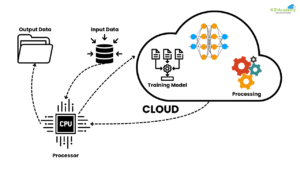
Data storage and management
AI/ML models are data-intensive, demanding more storage, management, and efficient processing. Cloud platforms offer secure, scalable storage solutions where structured data can be managed along with unstructured data. Besides, most cloud providers offer data pipelines and integration tools that smooth the data ingestion, cleaning, and transformation process. This guarantees that developers get quality data to train AI/ML models.
Pre-built AI/ML tools and APIs
Public clouds also offer a host of prebuilt AI/ML tools and APIs, such as Amazon SageMaker, Google Cloud AI, and Microsoft Azure Machine Learning, which can hugely reduce development time. In addition, pre-trained models for common tasks like image recognition, NLP, and anomaly detection they provide mean the developer could get such capabilities almost right into their minimum viable product or proof-of-concept implementation.
With the power of the cloud, these tools will enable you to customize models for unique use cases that empower companies to build differentiated applications.
Model training and testing
Training any AI/ML model is a compute-intensive process, requiring much power and memory. Optimized GPU and TPU resources on the cloud can easily support the large-scale training and testing of models. The cloud allows development teams to train and validate their models quickly and at a fraction of the cost, leading to faster MVP deployment.
Continuous integration and deployment (CI/CD)
Continuous integration and deployment practices also ensure that AI/ML models in cloud-based PoCs and minimum viable products remain effective. Most cloud platforms support the implementation of CI/CD pipelines so that developers can automate testing, integrate, and deploy updates to their AI/ML models. This way, companies can gather real-world performance data, fine-tune the models, and make continuous improvements in their applications so that they become responsive to changing user needs.
Scalability and cost management
As applications move from the PoC to MVP, scalability becomes extremely important. Cloud services let you dynamically scale resources according to load demand. Your app will remain functional even in moments of high traffic. Moreover, cloud providers offer cost control features for companies to enable resource tracking and cost optimization so that AI/ML applications on the cloud don’t run your wallet dry.
Overcoming Common Challenges In AI/ML Cloud Integration
While cloud services offer a robust infrastructure for AI & ML, businesses might run into challenges when it comes to data security, latency, and model performance. Here’s how to solve these challenges:
- Data security and compliance: Cloud providers implement strong security protocols, including encryption, identity management, and compliance certifications. Businesses can implement extra safeguards to protect data, such as virtual private clouds and secure access controls.
- Latency optimization: Most of the applications of AI/ML, especially those involving real-time data processing, are sensitive to latency. These could be resolved either by employing edge computing solutions or optimizing the data transfer speed by the cloud services.
- Model performance: While high model performance is achievable, maintaining it over time can be a huge task since data constantly evolves with usage patterns. Cloud providers offer support and management for model monitoring, with which businesses can track their models’ accuracy and performance in real time.
Conclusion
Integrating AI and ML into cloud-based PoCs and MVPs can enable companies to test innovative ideas, build intelligent applications, and offer additional value to end-users. By leveraging the cloud, businesses can fast-forward development, testing, and optimization of AI/ML-driven features and scale their applications to meet demand.
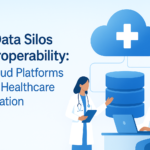
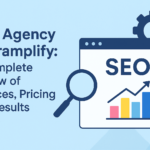

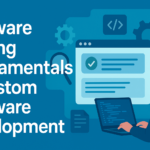
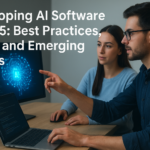



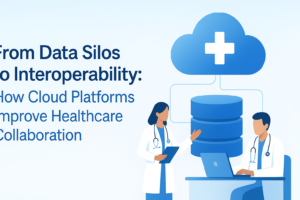
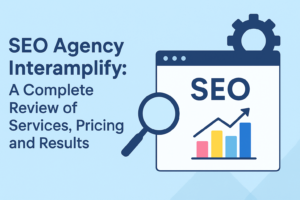

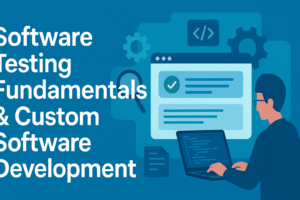

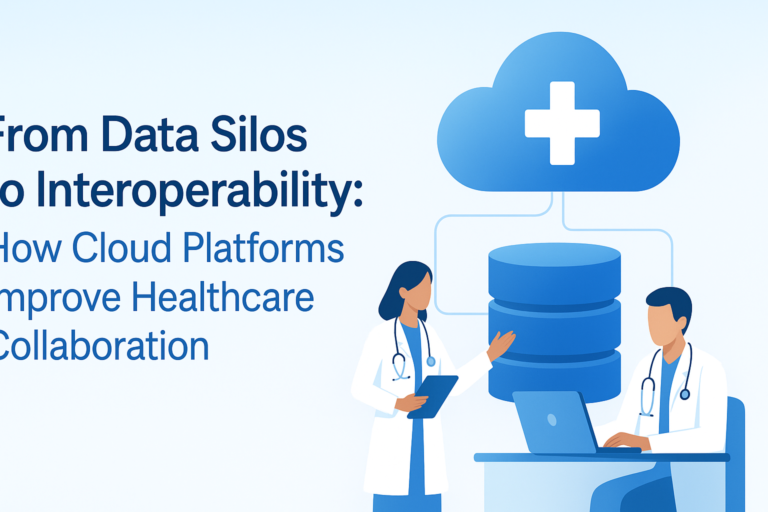
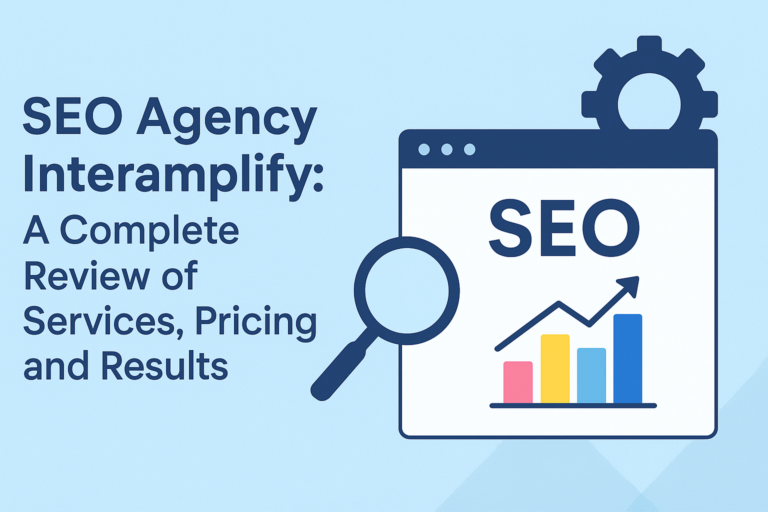
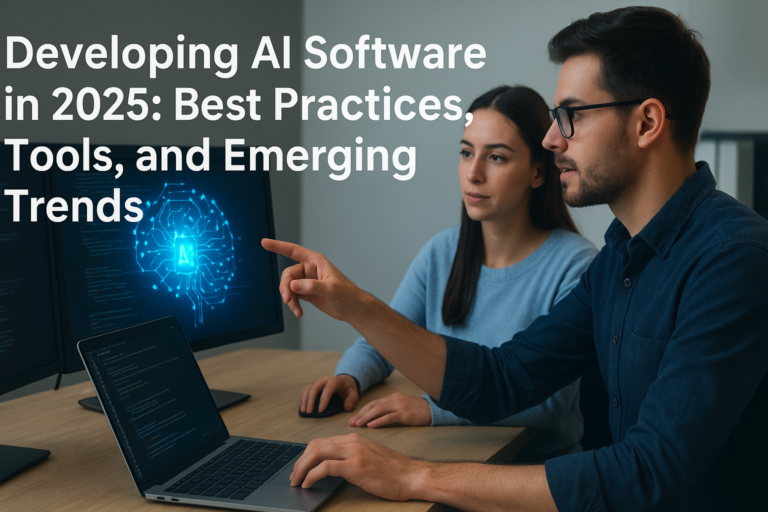



Therapeutic hypothermia saves brain function. The Welcome to iMedix series explains cooling treatments for cardiac arrest survivors. Neurologists detail remarkable recovery cases. Modern medicine can turn back time—discover how with iMedix best podcasts!
Taking one’s own life is a tragic issue that affects millions of people across the world.
It is often connected to psychological struggles, such as depression, trauma, or addiction problems.
People who consider suicide may feel overwhelmed and believe there’s no solution.
ways to commit suicide
It is important to talk openly about this matter and help vulnerable individuals.
Prevention can save lives, and finding help is a necessary first step.
If you or someone you know is in crisis, please seek help.
You are not forgotten, and support exists.
Здесь вам открывается шанс наслаждаться широким ассортиментом игровых слотов.
Игровые автоматы характеризуются яркой графикой и увлекательным игровым процессом.
Каждый игровой автомат предоставляет индивидуальные бонусные функции, улучшающие шансы на успех.
1win games
Слоты созданы для игроков всех уровней.
Есть возможность воспользоваться демо-режимом, а затем перейти к игре на реальные деньги.
Попробуйте свои силы и окунитесь в захватывающий мир слотов.
This online store offers a large assortment of decorative clock designs for every room.
You can discover minimalist and vintage styles to complement your apartment.
Each piece is carefully selected for its aesthetic value and functionality.
Whether you’re decorating a functional kitchen, there’s always a matching clock waiting for you.
best stock market clocks
Our assortment is regularly renewed with exclusive releases.
We care about secure delivery, so your order is always in safe hands.
Start your journey to enhanced interiors with just a few clicks.
This website features buggy hire on the island of Crete.
You can easily book a machine for travel.
Whether you’re looking to discover natural spots, a buggy is the perfect way to do it.
https://pixabay.com/users/buggycrete-49906515/
Our rides are well-maintained and offered with flexible plans.
Using this website is fast and comes with no hidden fees.
Start your journey and experience Crete like never before.
В этом источнике вы найдёте полное описание о партнёрской программе: 1win.
У нас представлены все аспекты взаимодействия, правила присоединения и потенциальные вознаграждения.
Каждый раздел детально описан, что помогает быстро усвоить в нюансах работы.
Кроме того, есть ответы на частые вопросы и полезные советы для первых шагов.
Данные актуализируются, поэтому вы можете быть уверены в актуальности предоставленных материалов.
Ресурс послужит подспорьем в освоении партнёрской программы 1Win.
Questa pagina offre l’ingaggio di lavoratori per compiti delicati.
Chi cerca aiuto possono trovare esperti affidabili per missioni singole.
Gli operatori proposti vengono scelti con attenzione.
ordina omicidio l’uccisione
Utilizzando il servizio è possibile ottenere informazioni dettagliate prima di procedere.
La qualità continua a essere un nostro valore fondamentale.
Iniziate la ricerca oggi stesso per trovare il supporto necessario!
Этот бот способен найти данные о любом человеке .
Достаточно ввести никнейм в соцсетях, чтобы сформировать отчёт.
Бот сканирует публичные данные и цифровые следы.
чат бот глаз бога
Результаты формируются в реальном времени с проверкой достоверности .
Идеально подходит для проверки партнёров перед сотрудничеством .
Анонимность и актуальность информации — наш приоритет .
Хотите собрать информацию о человеке ? Наш сервис предоставит детальный отчет в режиме реального времени .
Используйте продвинутые инструменты для анализа публичных записей в соцсетях .
Выясните контактные данные или интересы через автоматизированный скан с гарантией точности .
официальный глаз бога
Система функционирует с соблюдением GDPR, используя только общедоступную информацию.
Закажите детализированную выжимку с геолокационными метками и графиками активности .
Доверьтесь надежному помощнику для digital-расследований — точность гарантирована!
Наш сервис поможет получить данные о любом человеке .
Укажите имя, фамилию , чтобы получить сведения .
Бот сканирует открытые источники и цифровые следы.
глаз бога найти по номеру
Информация обновляется мгновенно с проверкой достоверности .
Идеально подходит для анализа профилей перед сотрудничеством .
Анонимность и точность данных — гарантированы.
Нужно найти данные о пользователе? Наш сервис предоставит детальный отчет в режиме реального времени .
Воспользуйтесь уникальные алгоритмы для поиска цифровых следов в соцсетях .
Выясните место работы или активность через систему мониторинга с гарантией точности .
глаз бога тг бесплатно
Бот работает в рамках закона , обрабатывая открытые данные .
Закажите детализированную выжимку с историей аккаунтов и графиками активности .
Доверьтесь надежному помощнику для исследований — точность гарантирована!
online canadian pharmacies
Greetings, passionate guardians of holistic well-being! I once embraced the enchanting echo of immediate health saviors, holding onto them tightly whenever wellness warnings echoed. Yet, profound health truths unveiled, revealing that they concealed threats to our core vitality, fueling a passionate pursuit for the pillars of sustainable mental and bodily health. The vitality boost was profound, validating how strategic, wellness-amplifying choices boost holistic recovery and preventive power, rather than undermining our bodily integrity.
During an intense battle for better health, I ignited a personal health transformation, seeking revolutionary wellness discoveries that blend time-honored health wisdom with modern nutritional science. Get set for the wellness-wowing centerpiece: vidalista, where on the iMedix podcast we explore its profound impacts on health with transformative tips that’ll inspire you to tune in now and revitalize your life. It catalyzed a total wellness rebirth: healing accelerates with focused health awareness, careless overreliance weakens holistic defenses. Today, I’m energized by this health mission to invite you into health enlightenment, envisioning wellness as your lifelong health adventure.
Delving into health’s deepest layers, I’ve discovered the vital key wellness supports should invigorate and protect, free from overshadowing personal health control. The wellness journey delivered endless health revelations, challenging you to overhaul your everyday health habits for authentic, thriving well-being. The wellness whisper you can’t ignore: balance.
Thank you for your sharing. I am worried that I lack creative ideas. It is your article that makes me full of hope. Thank you. But, I have a question, can you help me?
Creative photography often focuses on revealing the aesthetics of the body lines.
It is about composition rather than appearance.
Skilled photographers use subtle contrasts to create atmosphere.
Such images celebrate delicacy and personality.
https://xnudes.ai/
Each photo aims to evoke feelings through movement.
The goal is to present human beauty in an elegant way.
Audiences often appreciate such work for its depth.
This style of photography combines art and aesthetics into something truly timeless.